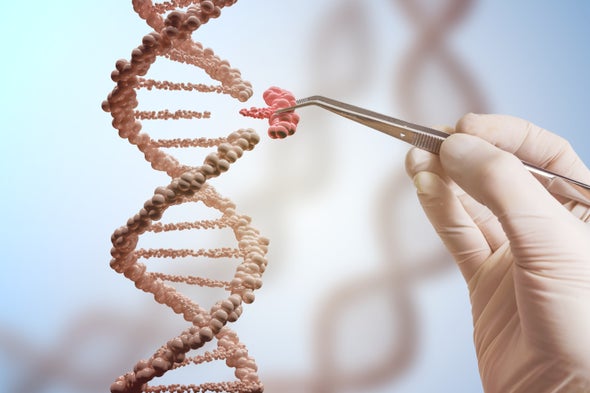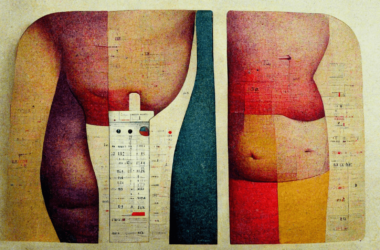Since the discovery of the structure of DNA in 1953, society has debated whether our understanding of human biology might one day be our downfall. These debates progressed through the transgenic mice and in vitro fertilization of the ‘70s, DNA copying of the ‘80s, viral gene delivery and cloned sheep of the ‘90s, and completion of the human genome in 2003. The controversy has not dissipated, following an explosion in genome editing techniques that were spurred on by the repurposing of Cas9—the effector enzyme of CRISPR-Cas9—in 2012.
As genetic technologies progress at breakneck speed, humanity’s capacity to safely fix debilitating or fatal genetic disorders has grown to the point that we will be rolling out gene-editing treatments to a greater audience in a matter of years. As the clinical adoption of this field of therapies appears imminent, ethical discussions surrounding the topic of human gene editing have returned to the forefront. Fuelling these debates are two major causes for concern: Designer babies and equitable access to healthcare.
In late 2018, the genomes—the library of genes within each of our cells—of a set of twins born in China were modified by Cas9 for the purpose of enhancement. The announcement of the births spurred a whirlwind of controversy and renewed calls for a memorandum on the use of CRISPR and similar techniques in human embryos. To the wider public, this controversy may suggest that we have already begun to move toward consumer eugenics, wherein people tailor their children’s features to reflect their ideals.
However, eminent scientists have underlined that the conservative nature of mainstream science will prevent genome editing research that is not thoroughly vetted by ethics boards. In light of greater ethical oversight, scientists in the coming years will likely focus their research on disease prevention in embryos, rather than on enhancement.
Although concerns about the use of CRISPR-Cas9 in embryos are legitimate, last November’s announcement should not negate the positive impact that gene editing will have in the future. Once genome editing technologies are proven safe for humans, their ability to allow people to live their lives without costly and painful medical conditions should be weighed against other ethical concerns such as potential adverse health effects and societal inequalities. Thousands of heritable single-gene mutations are already known to cause disease, and a majority of them may soon be curable with advanced CRISPR-based techniques. These techniques are likely to be more effective in early embryos than in developed humans. As soon as embryonic gene editing is deemed safe, those who oppose gene editing will need to explain how it is ethical to block people who have no reasonable alternative treatment from accessing a veritable cure.
Equitable access to healthcare remains one of the major hurdles that policymakers face each time new treatments become available. For example, in the early 2000s, patients diagnosed with HIV in Canada had access to more expensive, yet newer and more effective drug combinations than patients in sub-Saharan Africa. This divide in access to treatments allowed HIV to persist within African populations: In 2018, 68 per cent of worldwide HIV infections were in Africa. Meanwhile, only six per cent of worldwide cases were spread across Western and Central Europe and North America, combined. If genome editing technologies are not designed to fundamentally maintain the concepts of equality, disease burdens will again concentrate in lower-income countries, and global social structures will further polarize populations by income.
No responsible government can stop the advancement of technologies in medicine that have encouraging potential. Rather than fighting off advancements, more effort must be placed on reshaping ethical and legal frameworks to ensure that as new technologies become available, free-market economics do not dictate their use and all people are granted equal access. Conversations on the use of these technologies are needed between policymakers, scientists, and the public, such that everyone understands the implications of their use before they become available.








